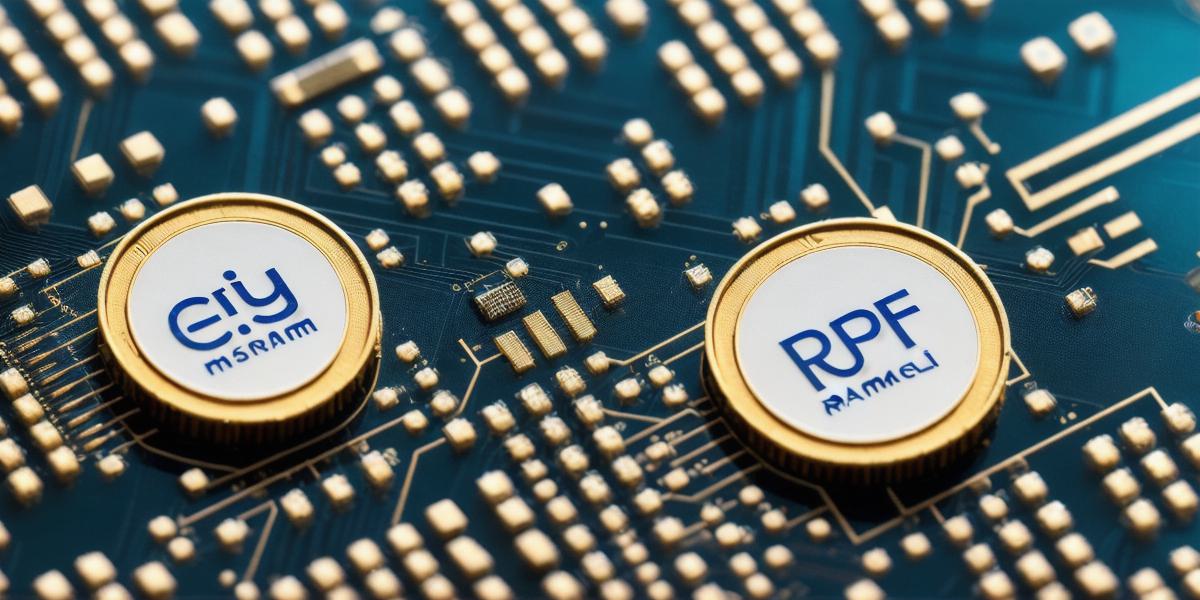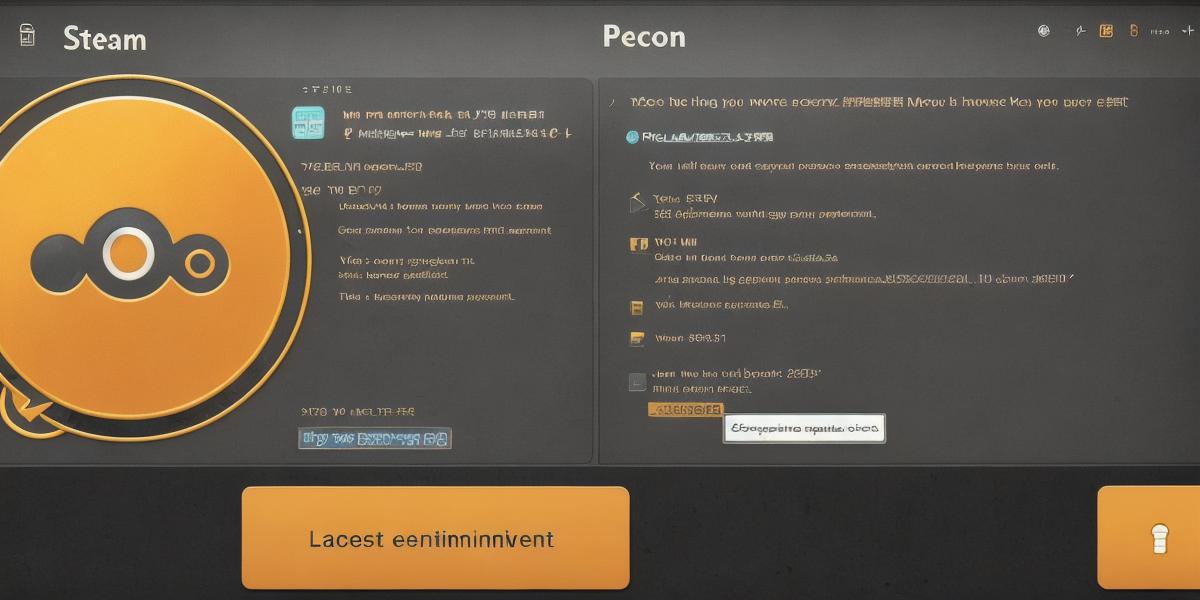
Unraveling the Mysteries of RAM: Your Computer’s Short-Term Memory Hub 💻🔎
Random Access Memory (RAM) is a crucial element in your computer system that acts as its short-term memory hub, enabling multitasking and enhancing application performance. This versatile technology stores data actively being used by the processor for faster processing times.

The concept of RAM can be compared to our own short-term memory; when you read a paragraph or solve a math problem, you temporarily store this information in your mind for quick access. Similarly, when you open applications like Microsoft Excel or Chrome with multiple tabs, RAM ensures that the necessary data is readily available for efficient handling by the processor.
However, it’s important to note that RAM has limitations. Just as we can only hold a finite amount of information in our short-term memory, computers also have finite RAM capacity. Overloading your computer with too many memory-intensive tasks can result in lagging or freezing, much like feeling overwhelmed when trying to remember numerous pieces of information at once.
Unlike Hard Disk Drives (HDDs) and Solid State Drives (SSDs), which offer long-term data storage, RAM provides quick access to frequently used data through its random access feature. Instead of reading data sequentially from specific locations like HDDs, RAM allows the processor to randomly access any location on the chip, significantly reducing processing times.
In today’s digital age, where multitasking and high-performance computing are essential, having sufficient RAM has become more important than ever. With advancements in technology, larger capacity RAM chips have become increasingly affordable, allowing us to enhance our digital experiences by enabling seamless multitasking and improving application performance.
FAQs:
1)
What is Random Access Memory (RAM)?
Answer: A type of volatile memory used in computers to store data that the processor can directly access for faster processing times without needing to refer back to read-only memory or secondary storage.
2) Why is RAM important?
Answer: RAM significantly impacts your computer’s multitasking capabilities and application performance by providing quick access to frequently used data, allowing for improved responsiveness and smoother user experience.
3) What are the differences between RAM and Hard Disk Drives (HDDs) or Solid State Drives (SSDs)?
Answer: While HDDs and SSDs provide long-term storage, RAM is designed for quick data access. HDDs read data sequentially from specific locations, while RAM allows random access to any location on the chip, resulting in faster processing times.











